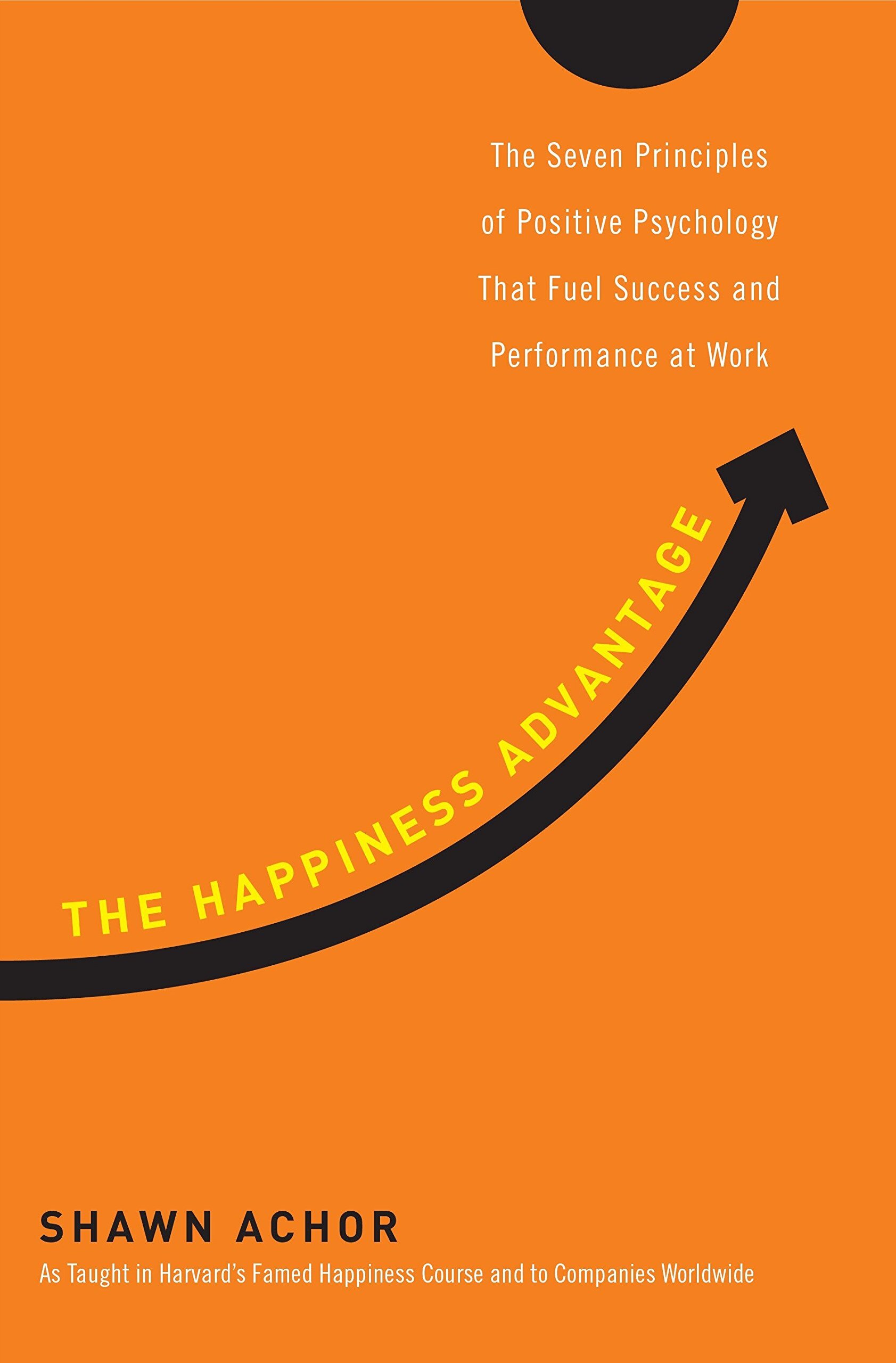The Happiness Advantage - Principle #5 - The Zorro Circle
This week we will look at Principle #5 - The Zorro Circle
Background
The basic idea behind The Zorro Circle is that we should limit the scope of our efforts to a small area and as we gain resources, knowledge and confidence, we expand our circle of control.
Our biggest driver for success is believing that our behaviour matters and that we have control over our future. When our stressors build and we start to get overwhelmed, out feelings of control are often the first things to go. (We have covered what can happen when feel like we don’t’ have control and develop learned helplessness). Additionally, when we are stressed our emotional brain takes over from our rational thinking brain . This was great when we were running away from animals trying to eat us but not so great when the danger is from a business proposal due tomorrow.
As stress builds up over time, our emotional brain starts to take over and small annoyances can turn into something much larger.
If we focus our efforts on things we can control, we can confidence that we have control, we gain resources and our circle expands.
Photo by porcorex/iStock / Getty Images
Evidence
Research has found that those who feel high levels of control are more satisfied with their jobs and do perform better at them.[i]
Interestingly, psychologists found that gains in happiness and productivity have less to do with how much control we actually have but by how much control we think we have. The most successful people tend to have an 'internal locus of control' which means that they believe that their actions have a direct effect on their outcomes.
Photo by JamesBrey/iStock / Getty Images
Toolkit
So how do we gain control or increase our perceived level of control?
First, start with the self-awareness circle.
This includes identifying how you feel. This can be down by writing down your feelings or talking to a trusted confidant. By verbalising the stress or helplessness, you take the first step in gaining control.
The next circle should be identifying the aspects of the situation you have control of and the ones you don't. This can be done on a spreadsheet or on a napkin. By doing this, you can focus your energy on the things you can affect.
Once you've determined the things you can control, concentrate your efforts on the first small goal. This increases your likelihood of success. This works like a domino effect and leads to you gradually increasing your sphere of control.
Photo by ilkercelik/iStock / Getty Images
Conclusion
Having a sense of control has been found to be associated with happiness, improved performance and improved job satisfaction. However, with all the stressors in our life, it is easy to feel like we have no control. These feelings of a lack of control can lead to feelings of helplessness and result in our emotional brains taking over resulting in poor decision making. To assist this, determine what you can control and concentrate your efforts on this first small goal. By increasing your chances of success, you increase your sense of control and gradually your sphere of control should expand.
[i] Sparr & Sonnetag (2008) cited in cited in Achor, S. (2011). The happiness advantage: The seven principles of positive psychology that fuel success and performance at work. Random House.





